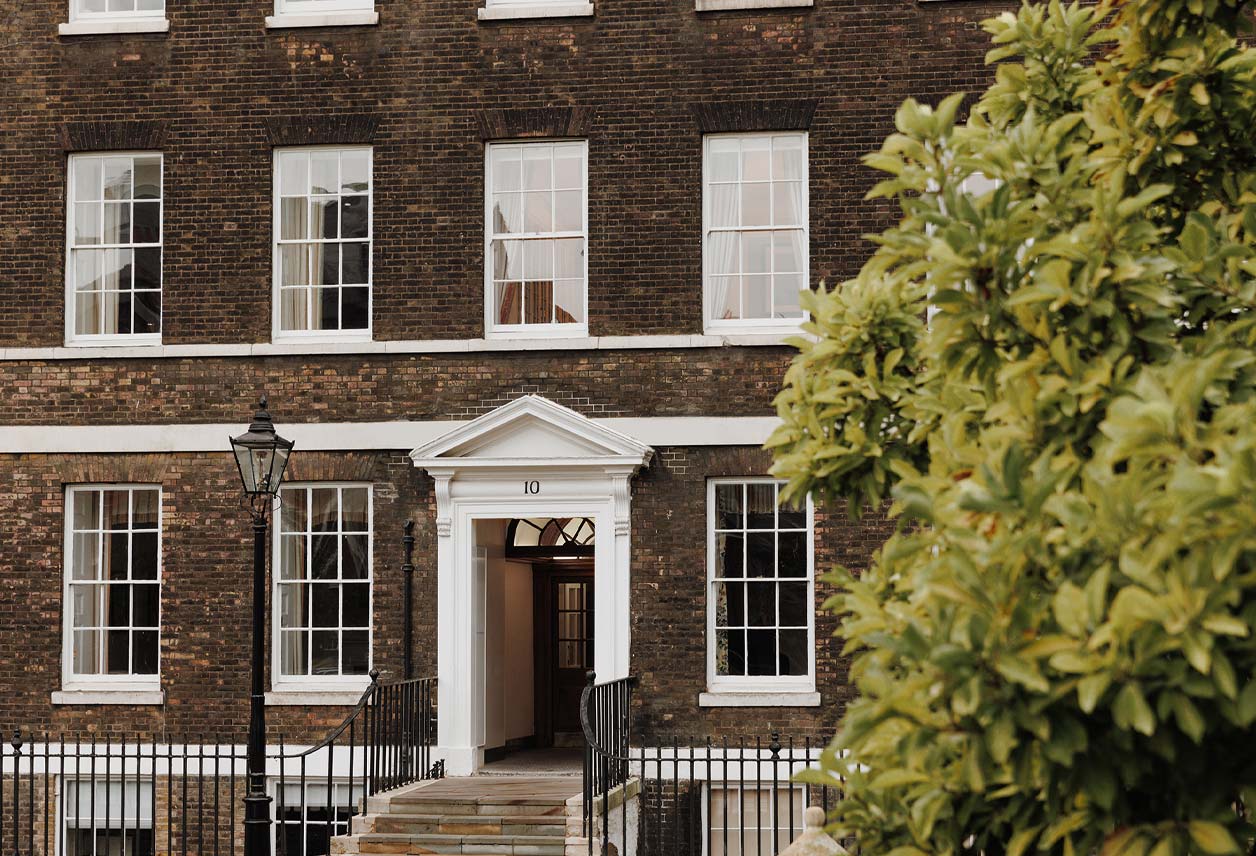It is an opportune moment for an independent review. The recently published 5th Annual Report introduced a new Director (Thea Walton) and identified (along with a number of positive developments) continued issues with the ICGS’s investigations into sexual misconduct, and bullying and harassment, within the parliamentary community.
To understand some of the issues with the ICGS it is important to appreciate its origin. Set up in the summer of 2018, the scheme was heralded as ground breaking; the ICGS claiming the scheme to be “the first of its kind in any Parliament in the world.” The momentum behind the scheme came from events in the autumn and early winter of 2017. At this time, the #MeToo movement was prominent and this, along with the publication of gossip circulating on WhatsApp groups alleging there was a culture of bullying, harassment and sexual misconduct in Westminster, caused the leaders of the main political parties to establish a cross-party working group across both the House of Commons and House of Lords. The implementation process was fast paced. Despite the complexities of bringing together 15,000 members of the parliamentary community into one scheme, it was established in July 2018.
Given the speed of inception and lack of relevant comparators, it was rightly acknowledged at the time that the scheme represented a “strong foundation” but that “achieving positive change will require persistence, flexibility and the on-going evaluation of the measures…”. And so it has proved. A substantial amount of effort has gone into reflecting on, and improving, the ICGS. It has been subject to a 6 month and 18 month review conducted by Alison Stanley. It has also been considered as part of the separate reports of Dame Laura Cox QC, Gemma White QC and Naomi Ellenbogen QC into bullying and harassment in specific sections of the parliamentary community. These reports resulted in numerous recommendations and consequent changes to the policies and procedures that form part of the ICGS.
There has been much discussion in these reports about limitation (i.e. whether complaints should be limited to incidents occurring after a particular date) and the timeliness of investigations.
The question of limitation has been in a constant state of flux. At the outset of the scheme, complaints of both sexual misconduct and bullying and harassment could only be made to the ICGS in relation to incidents occurring after July 2017 (a year before the ICGS was established). However, in July 2019, in light of one of the recommendations of Dame Laura Cox QC, the ICGS was extended to include historic complaints. To further complicate matters, in April 2021, following the recommendations of Alison Stanley’s 18 month review, the position changed again in relation to complaints of bullying and harassment (complaints could only be made in relation to incidents occurring within a year of the complaint) but there remained no time limit in relation to complaints of sexual misconduct.
In contrast, the position in respect of the length of investigations has been consistent; they have been taking too long. There is no doubt that efforts have been made to address this. Several related recommendations from both of Alison Stanley’s reviews were implemented, yet it remains a major issue. This was acknowledged in the 5th Annual Report (which noted that the average time taken to conclude cases has reduced from 210 days to 184 days in the last year) and a recent debate in the House of Commons led by Dame Maria Miller. Indeed, Thea Walton has explained that she has been tasked specifically with decreasing the time taken for an investigation to progress.
We have advised respondents in relation to complaints made to the ICGS and our clear view is that the position in respect of the above issues still remains unsatisfactory.
As far as limitation is concerned, the central reasoning for not excluding historic complaints of sexual misconduct is that victims often come forward later. Whilst this may be right as a statement of fact, it does not take account of the impact on respondents. For example, delay in making complaints can lead to serious difficulties in evidence gathering. It can mean that witnesses are unavailable or unable to say anything of substance given their recollection has faded and it can mean that records, such as messages, which may no longer be accessible. This makes the investigation inevitably more time consuming and more difficult to make fair findings based on evidence. It appears to us that the starting point should be that complaints can only be made within 1 year of the incident occurring with the ICGS retaining the right to extend this period in exceptional circumstances. This would be a proportionate approach that is fair to both parties and the investigator tasked with gathering evidence.
On the question of limitation, it is important to note that complaints of misconduct that could result in criminal charges should be referred to the police rather than the ICGS in any event. This means that a limitation period for complaints to the ICGS would not prevent the most serious cases of misconduct being investigated as they should be (by an authority with far greater powers for evidence gathering).
Delays with investigations are frustrating for both complainants and respondents. With respondents, whether a complaint is ultimately upheld or not, having a complaint hanging over their head can be a cause for serious distress. Whilst much thought and effort has gone into reducing the timelines, it cannot be right that complaints of limited complexity and scope are taking longer to be resolved than substantial pieces of civil litigation (which have far greater volumes of disclosure and witness evidence). It appears to us that introducing a timetable which is reasonable but with teeth is the only way to avoid the on-going issues of delay.
We have made these points, as well as others, to Mr Kernaghan and look forward with interest to the reviews findings and recommendations. Put simply, it appears to us that reforming the ICGS is worth the effort. As with all regulation, it forms an important role but, central to that role is a system which works efficiently and consistently, mindful of fairness and the interests of all parties.
We are recognised as a leading practice in the matter of public inquiries. Our unrivalled strength in this area comes from our expertise in dealing with major inquiries of national importance such as our involvement in the “Bloody Sunday” and the “Guildford Four” inquiries. For more information on Payne Hicks Beach inquest and inquiries services click here, or contact Nick Grant, Hanna Basha or Mark Jones.





